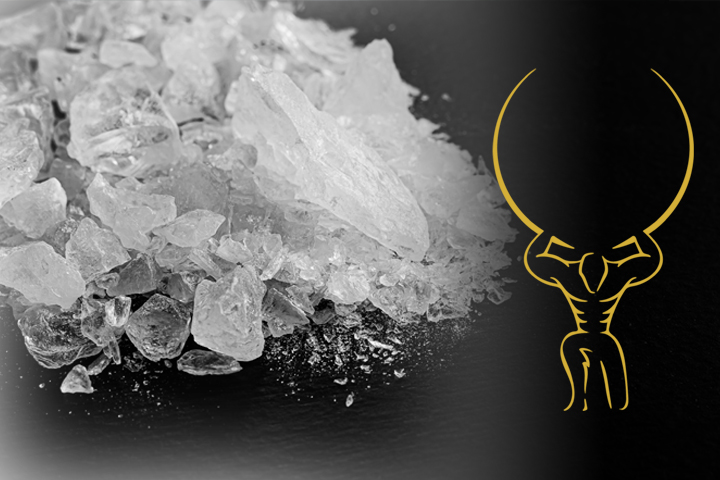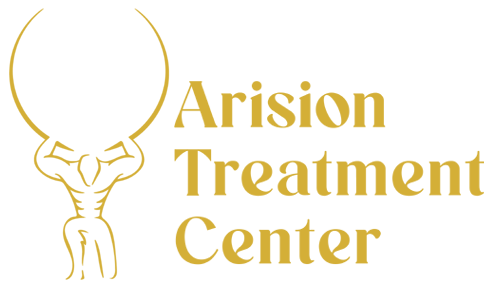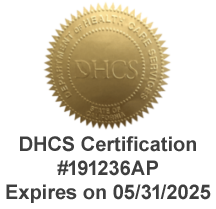Methamphetamine Addiction

Methamphetamine risks include addiction, heart issues, anxiety, and severe dental problems; symptoms include insomnia, paranoia.
Methamphetamine is a powerful and highly addictive central nervous system stimulant. It affects brain chemistry, leading to increased energy, euphoria, and heightened focus. However, its use carries significant risks, including addiction, severe dental problems (often called “meth mouth”), weight loss, and skin sores. Methamphetamine use can cause anxiety, paranoia, and hallucinations, as well as cardiovascular issues. Withdrawal symptoms can be intense and include fatigue, depression, and cravings. Meth is often found in crystal form and can be smoked, snorted, injected, or ingested. Treatment typically involves behavioral therapy and support groups to help individuals recover from addiction.
Physical Effects of Methamphetamine Addiction
Methamphetamine addiction can lead to various severe physical effects, including:
- Weight Loss: Significant and often rapid weight loss due to decreased appetite.
- Dental Problems: Severe tooth decay and gum disease, commonly referred to as “meth mouth.”
- Skin Issues: Sores, acne, and a generally poor skin condition; users may also scratch at imaginary bugs.
- Cardiovascular Problems: Increased heart rate, hypertension, and risk of heart attack or stroke.
- Respiratory Issues: Damage from smoking meth can lead to chronic respiratory problems.
- Neurological Damage: Long-term use can cause cognitive deficits and memory loss.
- Increased Risk of Infectious Diseases: Sharing needles raises the risk of HIV and hepatitis.
These effects can have devastating impacts on overall health and quality of life.
Behavioral Symptoms of Methamphetamine Addiction
Behavioral symptoms of methamphetamine addiction include:
- Increased Energy and Activity: Hyperactivity and restlessness, often leading to excessive talking or movement.
- Paranoia: Intense feelings of suspicion and fear, often leading to social withdrawal.
- Mood Swings: Rapid changes in emotional state, including irritability, aggression, or euphoria.
- Compulsive Behavior: Engaging in repetitive tasks or rituals, often leading to neglect of responsibilities.
- Social Isolation: Withdrawal from family, friends, and social activities.
- Impulsive Decisions: Risky behaviors, including unsafe sex or illegal activities.
- Loss of Interest: Decreased motivation for hobbies or activities previously enjoyed.
These behavioral changes can significantly impact personal relationships and daily functioning.
Treatment for Methamphetamine Addiction
Treatment for methamphetamine addiction typically involves a combination of approaches:
-
Behavioral Therapy: Cognitive Behavioral Therapy (CBT) and contingency management are effective in helping individuals change their patterns of thinking and behavior.
-
Support Groups: Programs like Narcotics Anonymous (NA) provide peer support and shared experiences to aid recovery.
-
Medication: While no specific medication is approved for meth addiction, some medications may help manage withdrawal symptoms and cravings.
-
Counseling: Individual or group counseling can address underlying issues and provide coping strategies.
-
Rehabilitation Programs: Inpatient or outpatient programs offer structured support and resources.
-
Lifestyle Changes: Encouraging healthy habits, such as regular exercise and proper nutrition, can aid recovery.
Comprehensive treatment tailored to the individual’s needs is crucial for successful recovery.



